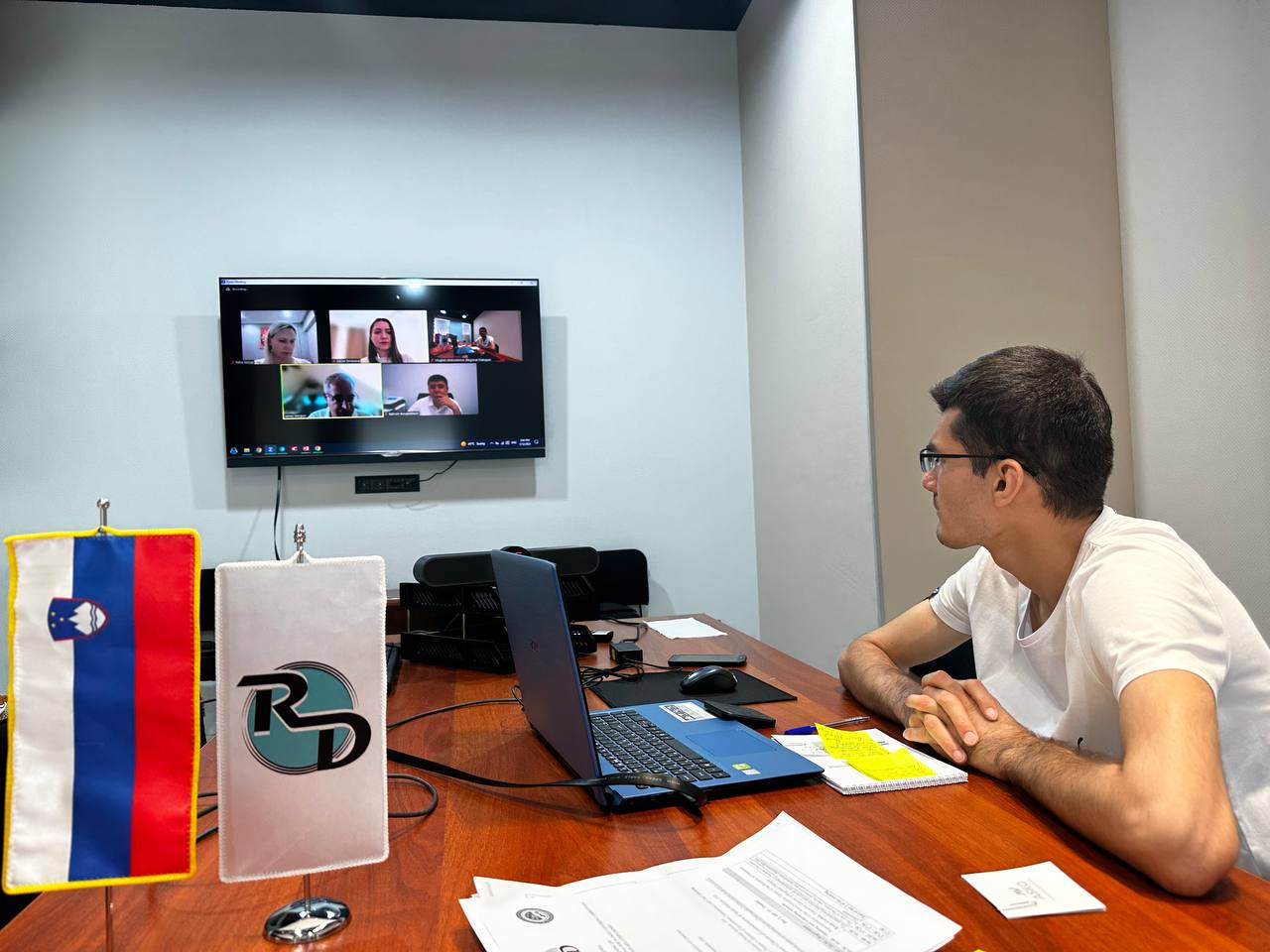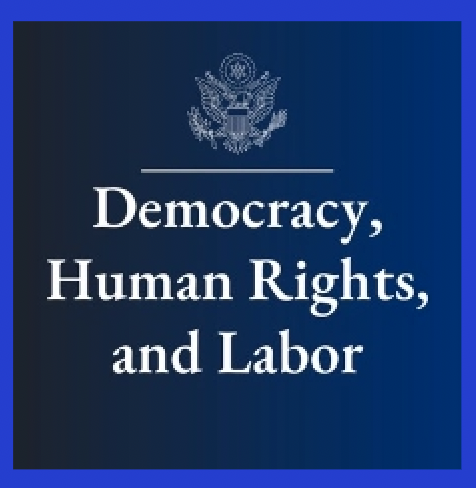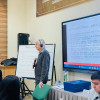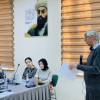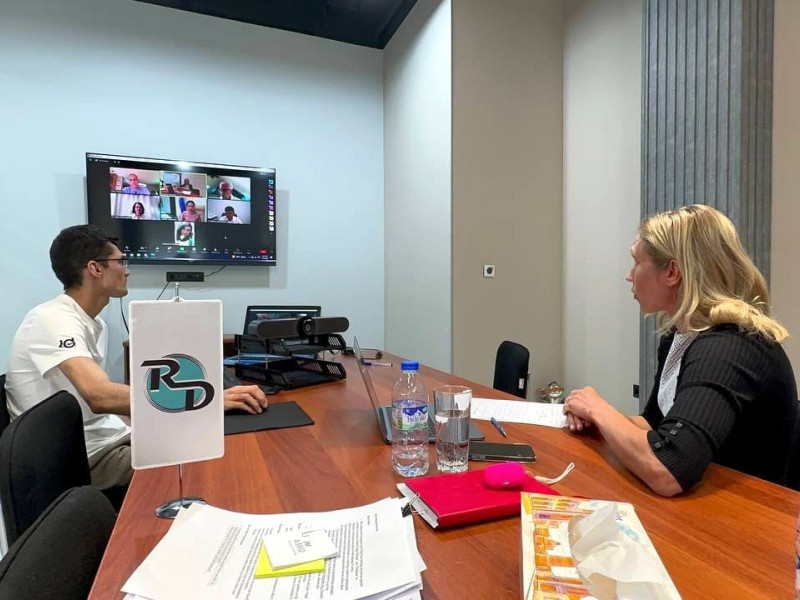
Regional Dialogue facilitated an online training session on the role of investigative journalism in covering corruption and corruption-related crimes on 11 and 12 July. The workshop was organized with the Anti-Corruption Agency of Uzbekistan for representatives of local media outlets, public relations offices of several government agencies, and members of the Anti-Corruption Agency itself. The training was conducted by the experts of the Pioneer Institute, a Boston-based think-tank conducting research in multiple versatile areas, including government operation, government transparency and accountability, public finance and effectiveness of the state and local government. Jim Stergios, Executive Director of Pioneer Institute, as well as his expert team members Chris Sinacola, Director of Communications and Media, and Mary Connaughton, Director of Government Transparency and Chief Operating Officer, shared their extensive experience in the area of reporting on corruption cases and improving government transparency with a particular focus on freedom of the press and the role of media.
As Mary Connaughton and Jim Stergios emphasized, “for democracy to exist, government transparency is key. The public generally entrusts the media with the checking function. Public trusts media to identify corruption and to hold government accountable.” Some of the takeaways from the training were focused on the new Uzbek Constitution enabling a great opportunity to grow freedom of expression and freedom of the media, and on the many ways government can help the free press to get public access to information. It is important to know that the US has a long-standing culture and commitment to freedom of the press but has also, in the past 70 years, been innovating ways to achieve the goal of freedom of information. It is important to know that for this to happen, it is going to take legal changes and developing a culture of supporting freedom of the press, which will take time.
Participants raised a number of questions about the government’s ability to guarantee the rights of journalists, and the measures it should take to protect journalists and to what extent. How a journalist can avoid bias in their investigation and what are the anti-plagiarism mechanisms used by journalists in the US? What are the challenges and opportunities of using AI and other technologies for journalist investigations? What is the negative impact of disinformation and misinformation on society? What should be the Anti-Corruption Agency’s and government agencies’ communication strategy around corruption appeals and complaints from citizens? Does journalism serve business or political interests more and to what extent?
The positive feedback provided by the participants following the workshop indicates that this topic needs to be covered in greater depth. Regional Dialogue is planning to follow up on events addressing these issues.
